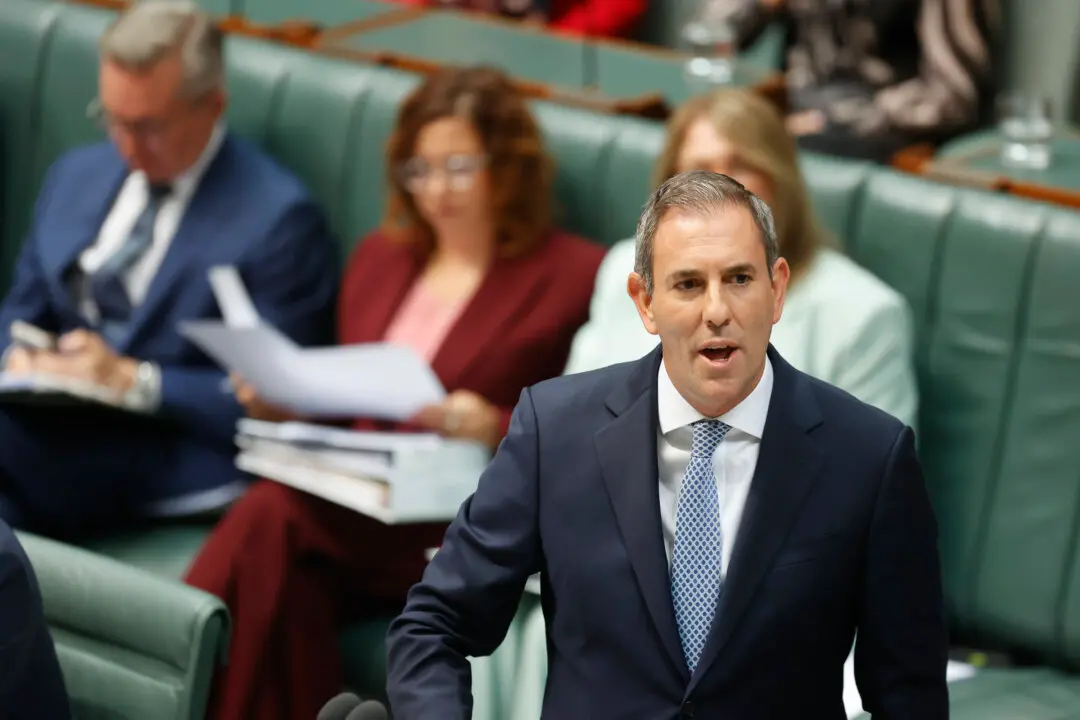In response to alarming reports of violence and intimidation on state construction sites, particularly against women, the Allan government has introduced new legislation aimed at reforming industry culture.
Victorian Premier Jacinta Allan emphasised the government’s commitment to reform, stating, “The government is moving ahead swiftly to eradicate the rotten culture exposed in parts of the Victorian construction sector.”





